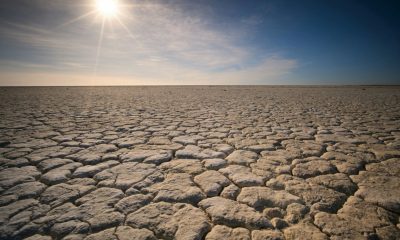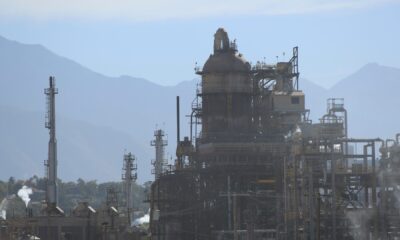Africa
The health crisis created four major gaps in the West African economic system
In terms of health, Africa has so far been fairly resistant to the COVID-19 pandemic. On the economic and financial level, however, it is a completely different story. The tensions on the market for mining and agricultural raw materials mechanically lead to the fall in own revenues. Fewer revenue inflows will deepen the national public deficits and at the same time the trade balance deficits.
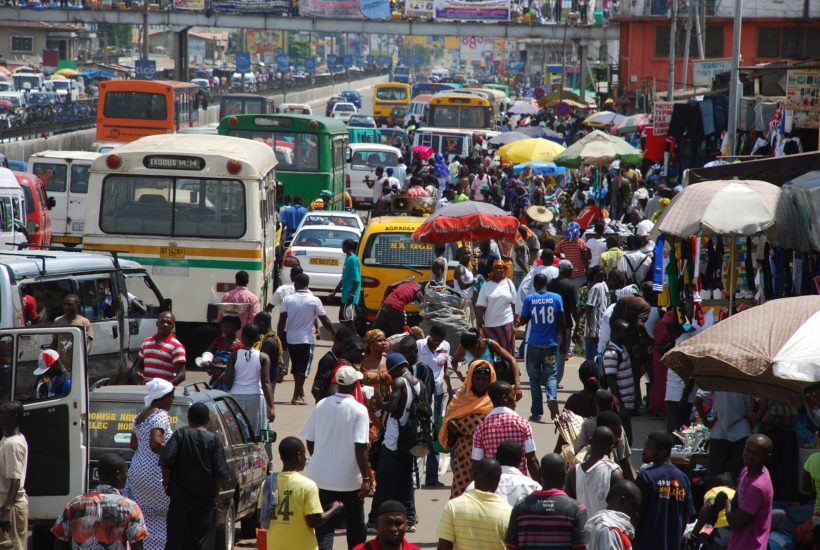
The slowdown in global demand, falling revenues, worsening deficits, and difficult debt servicing are the four gaps in the West African economic and financial system created by the health crisis. Without a strong and iconoclastic reaction from the BCEAO, the WAEMU zone is facing a terrible disaster.
Traditionally risk-averse, this time, the monetary authorities have no choice but to be bold, at the risk of seeing a violent crisis unfold, the effects of which can hardly be guessed.
If you want to find out more about the West African economic system and how the health crisis is putting at great risk the financial stability, download the Born2Invest mobile app. Read the latest financial news with our companion app.
The punctured barrel of the West African economy
In terms of health, Africa has so far been fairly resistant to the COVID-19 pandemic. On the economic and financial level, however, it is a completely different story. Four breaches have damaged the fragile West African economic and financial system.
The first is structural. Trapped in its colonial vocation as a producer of raw materials and a consumer of imported manufactured goods, Africa is suffering from the global health of “commodities” without any capacity to influence events. Of the four main export products of the WAEMU zone in 2018, only gold presents an interesting situation. As a traditional safe haven in times of crisis, it is unsurprisingly on the rise and peaked on May 8th at $1,709, an increase of 12.53% since January 1st.
Cocoa is currently at a good level at $2,400 on the same date, a slight fall of 2.56% over a year. However, serious risks exist on the evolution of world demand, which has already contracted slightly, and on production in the coming months. Indeed, some cocoa-growing areas affected by the pandemic would not be able to sustain the level of production.
Cotton prices have fallen by 19.11% since January 1st, from $0.72 on January 13th, to $0.56 on May 8th. As a result, the price to the cotton producer in Mali is set for the 2020/21 campaign at $0.34 (200 CFA francs) per kilo for the first choice, i.e. $0.13 (75 CFA francs) less than in 2019/20.
The main price is oil, the price for crude has fallen by 53.28% since January 1st, reaching $30.85 as of May 8th. The best illustration of the abyss in which oil is struggling is the WTI which fell to negative territory at the end of March.
Fewer revenue inflows will deepen the national public deficits
These tensions on the market for mining and agricultural raw materials mechanically lead to the second problem, the fall in its own revenues. That will create the third problem, which is the rapid deterioration of twin deficits. Fewer revenue inflows will deepen the national public deficits and at the same time the trade balance deficits.
For the volume of foreign currency gleaned from exports depends on the capacity to finance imports, which does not weaken with the crisis. On the contrary, they are even increasing with.
This brings West Africa to the fourth problem, debt requirements. There has indeed been a moratorium on bilateral debt, but private creditors have clearly ruled out this option. Private debt, specifically syndicated loans and Eurobonds, therefore remain overdue, regardless of the current context of falling local tax revenues and international export revenues.
How can Africa cope with the double pressure of national expenditure and debt repayments, to be financed solely from falling revenues? Faced with States let down by global demand and put under pressure by private creditors, only BCEAO remains to save from the looming disaster, through a powerful debt buyback program.
The COVID-19 Special Purchase Program
In West Africa, the central bank is a timid institution. Mired in a delicate conformism and surrounded by strict statutes, the BCEAO is not a body that can escape from its prudent doctrine. Yet it is now the only one capable of giving the WAEMU states a sustainable boost through a Covid Special Purchase Program to buy back public debt. This type of operation is forbidden by its statutes (Article 36), but there are ways to get around this rule, as the situation is alarming.
It is also a question of responsibility, since a moratorium on private creditors has been ruled out and debt cancellation solutions are frankly infantile, at least until a strong autonomous initiative has been taken. Of course, this is not an easy circumstance for the BCEAO. In view of the governments’ public accounts and their inevitable deterioration, it will suffer the effect of the deterioration of its balance sheet, with the toxic bonds it will have recovered and its activism risks causing inflationary effects. However, the price of inaction would be worse than the price of boldness and risk-taking.
Two solutions are available to the Central Bank
The BCEAO can buy back government debt securities at preferential rates or at zero interest. Its capital is held by the states to which it pays its profits as a dividend. The normal repurchase of government bonds gives rise to the payment of interest by the States, which they themselves then recover in the dividends paid by the Central Bank.
It is therefore possible to stop this system of communicating vessels by repurchasing debt securities at preferential or zero rates, the interest rate paid by the States being of little importance. In this regard, it should be noted that the BCEAO launched the “Covid-19 Bonds” program on April 21st, with a 3-month maturity and refinancing at a fixed rate of 2.5%. This operation, although appreciable, does not have the necessary thickness to cope with the chaos African countries are heading towards, but there is an apparent difficulty with debt securities in foreign currency.
The BCEAO is an issuer of a domestic currency, pegged to the Euro for international operations. With the guarantee of unlimited convertibility, it can make money creation in Euro in order to repurchase a portion to be determined of foreign currency debt securities. The advantage of such a movement is the immediate elimination of the exchange rate risk weighing on these bonds, the BCEAO becoming a creditor in local currency on the securities in question.
The second solution is that of perpetual bonds. The operation starts with the issue by the States of very long-term bonds (up to 100 years) which will then be repurchased by the Central Bank. The States would have to reimburse the Central Bank only the interest due on these bonds and not the capital held immutably by the institution. With inflation under control, which is the central bank’s fundamental task, interest repayments would be affordable and the central bank’s balance sheet would not deteriorate.
The inflationary risk is precisely the main problem. It is very real with the significant injection of liquidity into the economy. It is even almost inevitable if the States use the recovered cash to pay civil servants, social benefits and, overall, to finance operating expenses. However, it can be controlled by attaching strict conditions to the debt buyback program. It is therefore necessary to attach to these operations the obligation to use the sums recovered for capital expenditure and the purchase of sanitary equipment, as the context lends itself to this.
Finally, the volume of debt buybacks must be commensurate with the economic weight of each State and the specific situation of each State’s public accounts and according to projections. It is obvious that, faced with the COVID-19 tremors, Côte d’Ivoire is not likely to be affected in the same way as Burkina Faso, for example. Daring and balance must therefore be the watchwords of this large-scale operation attempted by virtually all the major world economies. There is no reason why Africa, in turn, should not assume its responsibilities.
__
(Featured image by jozuadouglas via Pixabay)
DISCLAIMER: This article was written by a third party contributor and does not reflect the opinion of Born2Invest, its management, staff or its associates. Please review our disclaimer for more information.
This article may include forward-looking statements. These forward-looking statements generally are identified by the words “believe,” “project,” “estimate,” “become,” “plan,” “will,” and similar expressions. These forward-looking statements involve known and unknown risks as well as uncertainties, including those discussed in the following cautionary statements and elsewhere in this article and on this site. Although the Company may believe that its expectations are based on reasonable assumptions, the actual results that the Company may achieve may differ materially from any forward-looking statements, which reflect the opinions of the management of the Company only as of the date hereof. Additionally, please make sure to read these important disclosures.
First published in LA TRIBUNE Afrique, a third-party contributor translated and adapted the article from the original. In case of discrepancy, the original will prevail.
Although we made reasonable efforts to provide accurate translations, some parts may be incorrect. Born2Invest assumes no responsibility for errors, omissions or ambiguities in the translations provided on this website. Any person or entity relying on translated content does so at their own risk. Born2Invest is not responsible for losses caused by such reliance on the accuracy or reliability of translated information. If you wish to report an error or inaccuracy in the translation, we encourage you to contact us.

-
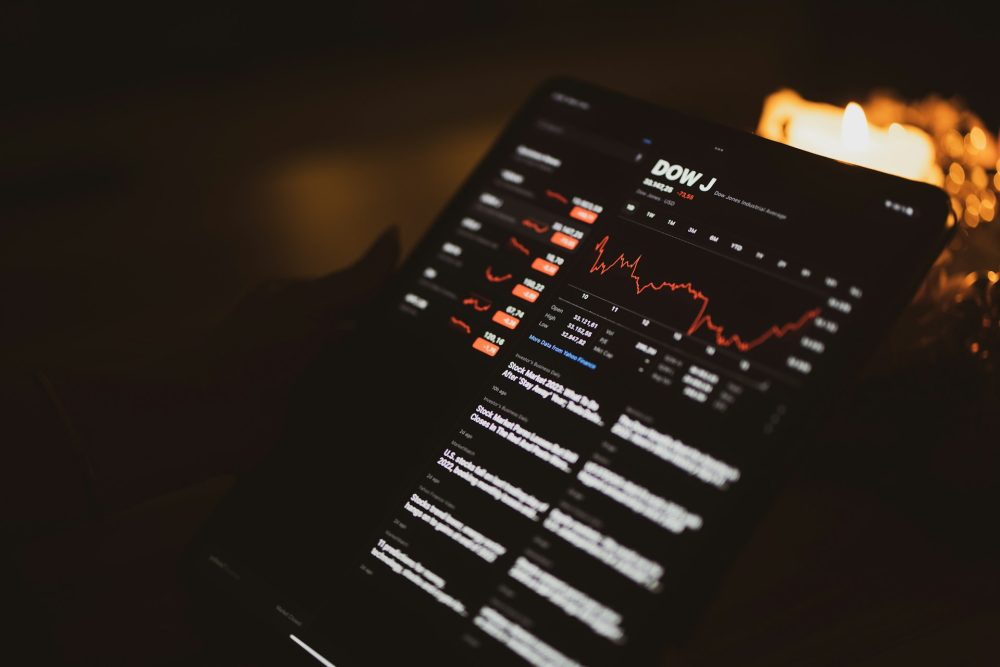
 Business4 days ago
Business4 days agoThe Dow Jones Teeters Near All-Time High as Market Risks Mount
-
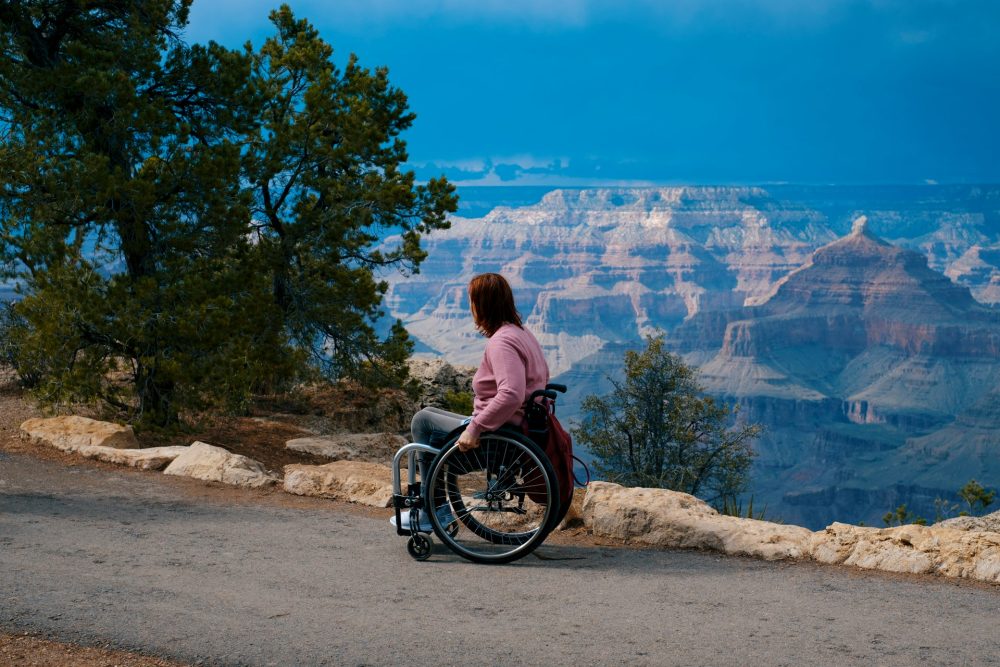
 Crowdfunding2 weeks ago
Crowdfunding2 weeks agoWorld4All, a Startup that Makes Tourism Accessible, Surpasses Minimum Goal in Its Crowdfunding Round
-
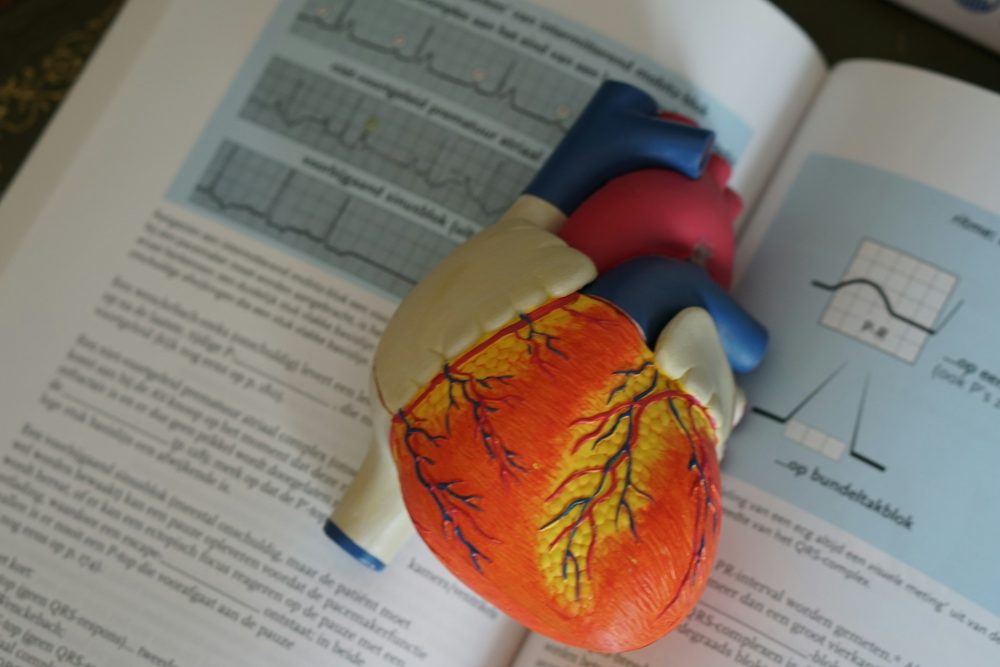
 Biotech1 day ago
Biotech1 day agoGut-Derived Molecule Identified as Early Marker and Driver of Atherosclerosis
-

 Crypto1 week ago
Crypto1 week agoThe Crypto Market Rally Signals Possible Breakout Amid Political Support and Cautious Retail Sentiment
